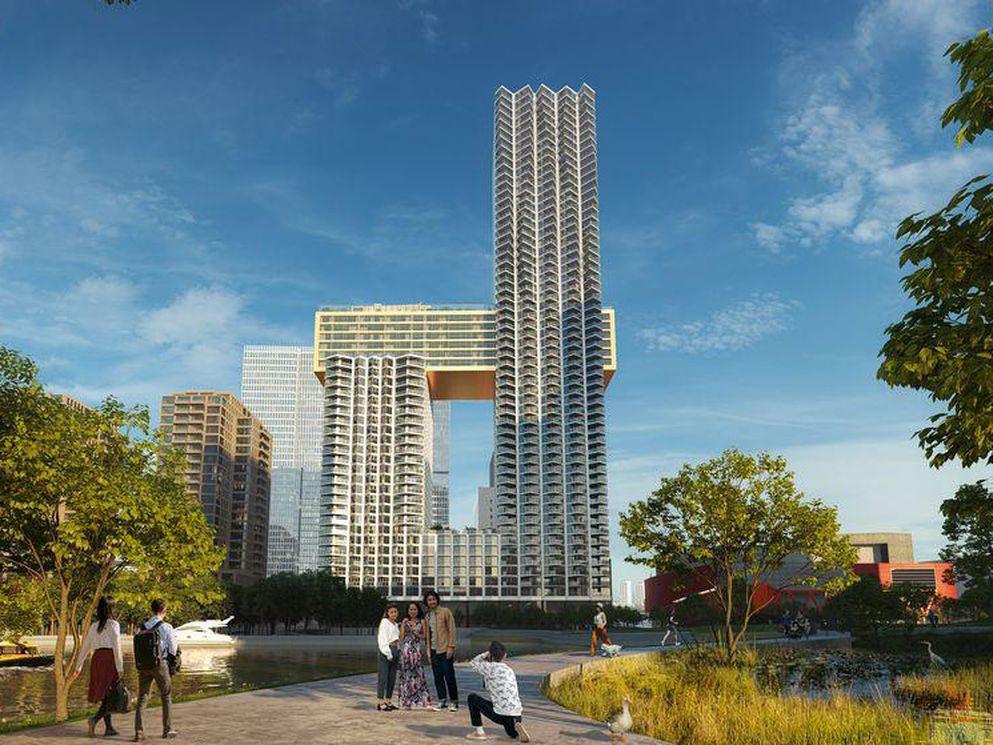Elephant grass in paving: fewer raw materials and less CO₂
At Schiphol, we applied an innovative new material: concrete paving stones made with elephant grass, also known as miscanthus. These stones, supplied by Bio Bound, were recently installed on the Flamingoweg at Schiphol. They contribute to circular construction and CO₂ reduction.
Miscanthus is grown on land around Schiphol. The reed-like crop is unattractive to geese, helping to naturally keep birds away from runways and taxiways. At the same time, it has proved highly suitable as a biobased raw material: it grows quickly, stores large amounts of CO₂ and contains only 9% moisture, which means little drying is needed and energy can be saved.
Bio Bound’s grass concrete paving stones use miscanthus as a filler material, partly replacing newly extracted resources such as sand or gravel. Their strength and quality are equal to conventional stones, but their environmental impact is 30 per cent lower according to the Environmental Cost Indicator.
This application fits perfectly with our sustainability ambitions at and around Schiphol. Boet Duivenvoorde, Sustainability Project Coordinator at BAM Infra Nederland: ‘These are the innovations that excite us, because they are directly applicable and place less burden on the environment.’
Together with Schiphol, we work every day towards a better and more sustainable airport.




